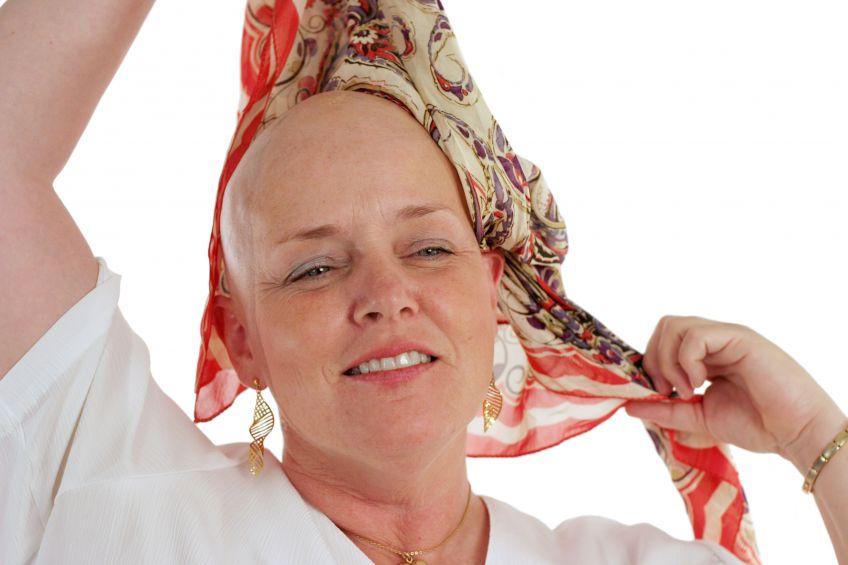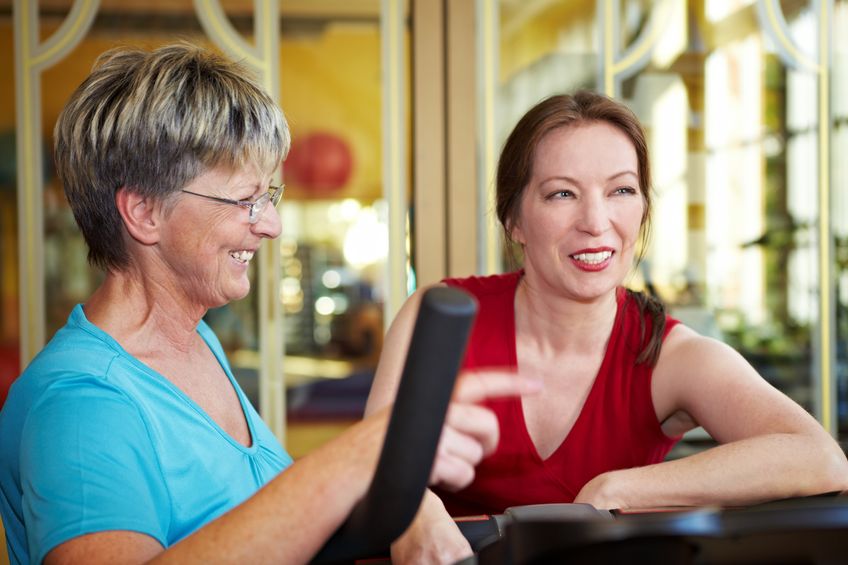Husbands/Partners
Many men feel they have to be the "strong one" when their wife or partner is diagnosed with breast cancer. You may feel unable to express your own emotions, worries or anxieties about your partner's illness.
It is normal to be on your own "emotional rollercoaster" when your wife is diagnosed with a life-threatening illness. You need your own support network and your own outlet for your emotions so that you can offer effective support to your wife or partner as she goes through this journey.
Make sure you have a friend or relative you can talk to and if you don't have someone you feel comfortable confiding in, then think about getting professional help.
On this page, you'll find:
-
common feelings for partners of women diagnosed with breast cancer
-
the best ways to help support the woman in your life with breast cancer
Common feelings for partners :
- shock and disbelief
- frustration at not being able to solve the problem
- loss of control - it's as though the cancer has taken over your lives
- withdrawal / denial - a desire to ignore the illness or a refusal to acknowledge it
- anxiety - about your future life, whether your wife/partner will be around in the future
- concern for your children and their ability to cope
- being overwhelmed by all you need to do both emotionally and practically, as your partner undergoes treatment
- physical changes such as loss of appetite, insomnia, loss of energy
- a fear of death.
All of these feelings and others are normal. Remember to acknowledge your feelings and try to talk about them with your support network. Bottling them up, withdrawing from your partner, or becoming stressed and anxious won't help your partner or you.
How you can help yourself
- Get your own support network going - talk to friends, relatives, other men who have experienced something similar. You need an outlet for your own stresses and worries
- If you don't have a friend to talk to, consider getting professional help. Talk to a counsellor or psychologist to help relieve your own anxieties
- Get help with practical chores, such as shopping, cooking and cleaning. Many of these tasks will fall to you and if you are finding the burden too great, it's easier to get others to help or to pay someone to do these things for you.
- Understand your wife's medical condition. Make sure you know exactly what type of breast cancer she has, understand the different treatment options, research side-effects and what can help. Having a comprehensive knowledge of the disease will help you to understand what your wife/partner is going through and will give you a greater sense of control.
- Make time to do the things you used to enjoy as a couple. Cancer doesn't have to define your life so create special times where you can enjoy each other, laugh, and live in the moment.
- If you find you're really not coping and seem to be suffering from the symptoms of depression - insomnia, weight changes, lack of energy, inability to look forward to anything, a loss of desire to continue with life - seek professional help immediately. This is a difficult time and you may need medication or other help to get through.
Sexuality and Intimacy
Treatment for breast cancer can leave many women with physical changes that can affect their sexual lives. The loss of a breast, menopause brought on by chemotherapy, changes to libido due to different treatments and drugs, and new feelings about body image and sexual attractiveness can make sexual relationships a challenge.
Some women may feel uncomfortable with their new body image soon after treatment and may be unable to undress in front of their husband or partner, let alone engage in sexual activity or intimacy. Some men may also find it difficult adjusting to their partner's new body and being sexual with the woman they love after treatment.
The following tips may help you adjust. But remember, if you and/or your partner are having difficulty adjusting and being intimate with each other after breast cancer treatment - seek professional help. Counselling may help both of you to deal with your new circumstances and help you to discover new and different ways to be intimate with each other.
Tips on being intimate after breast cancer treatment:
-
take things slowly. Remember your partner/wife has been through a lot. It will take her time to adjust physically and emotionally. Don't rush this healing process.
-
spend time getting used to each other naked again. This doesn't have to involve sex. It can simply involve being in each other's presence naked / gentle touching / massage etc.
-
don't keep your feelings to yourself. Let your wife or partner know if you have concerns about your sexual relationship. Be open and honest with one another and try to resolve the issue together.
-
understand that your relationship has changed and that things may never be exactly the same as they were before breast cancer. This is not a good or a bad thing, but just the way things are now.
-
Seek professional help if you are having trouble addressing issues of sexuality and intimacy with your partner.
You may like to read the following article on sex after breast cancer:
Helping the woman in your life with breast cancer
- Make sure there’s someone you can talk to, other than the woman in your life with breast cancer, about your worries and concerns.
- Be a good listener. Listen to your partner’s thoughts and feelings. You don’t necessarily have to respond – just be there to hear her.
- Don’t pretend that the breast cancer diagnosis and treatment is having no effect on you. Let your partner know when you can’t handle certain information or a certain conversation.
- Go to hospital appointments with her, not only so that you can provide her with support but also so you know exactly what’s going on medically.
- Get practical help where you need it. You are likely to have to take more responsibility for day-to-day tasks and chores. Farm some of these out to friends and other family members if you can.
- If you have children – make sure you monitor how they are responding emotionally. If they are having difficulty coping, seek professional help for them.














